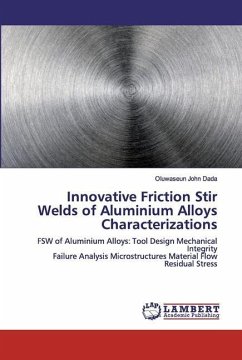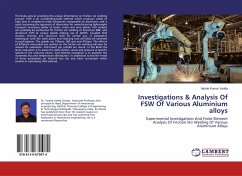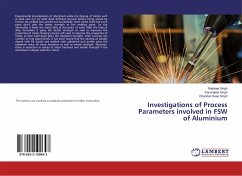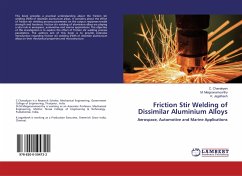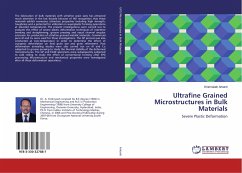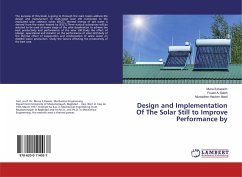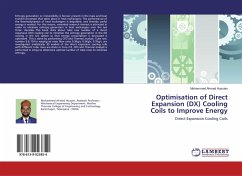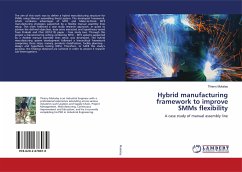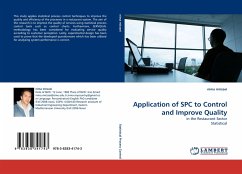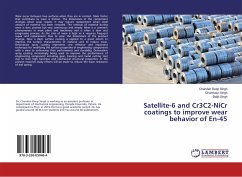
Investigations on FSW to improve microstructures on Aluminium Alloys
Versandkostenfrei!
Versandfertig in 6-10 Tagen
30,99 €
inkl. MwSt.

PAYBACK Punkte
15 °P sammeln!
The research mainly focused on optimizing the multi responses i.e. tensile strength, impact Strength and elongation while conducting the experiments on Friction Stir Welding (FSW) process. With the help of trial experiments and based on the literature, the following input parameters i.e. tool rotational speed, weld speed and tilt angle are identified as the most influencing parameters and are used in the current study. Experiments are carried out using the Taguchi L9 design. Al7075-T651 and Al6082-T651 aluminum alloys are taken as the parent materials. The tool used is Taper threaded tool. Thi...
The research mainly focused on optimizing the multi responses i.e. tensile strength, impact Strength and elongation while conducting the experiments on Friction Stir Welding (FSW) process. With the help of trial experiments and based on the literature, the following input parameters i.e. tool rotational speed, weld speed and tilt angle are identified as the most influencing parameters and are used in the current study. Experiments are carried out using the Taguchi L9 design. Al7075-T651 and Al6082-T651 aluminum alloys are taken as the parent materials. The tool used is Taper threaded tool. This FSW uses no filler metal to join two work pieces. A study has been made while selecting the tool type. Detailed influences are discussed in the paper. The Grey relational analysis method is applied to ptimize the output responses. Further plots are drawn between the input process parameters and the output responses. Overall the method finds best in multi-response optimization of FSW process and improvement done on microstructures of aluminum alloys at different zones.



